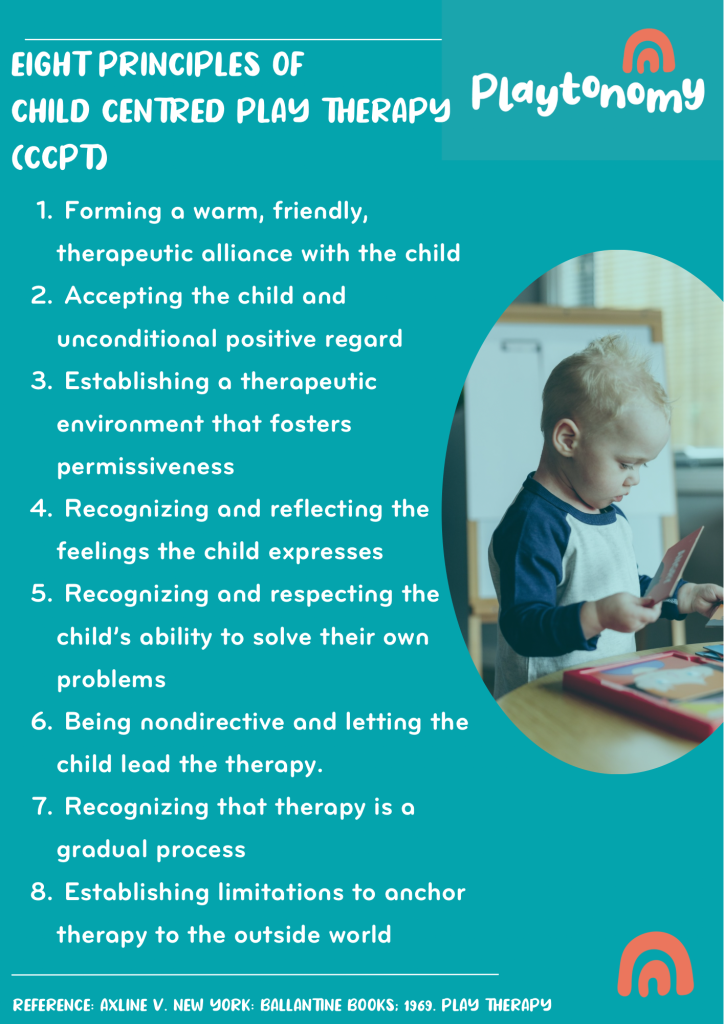
Child Centred Play Therapy (CCPT) is a therapeutic approach designed for children primarily 3-12 years of age. CCPT allows children to process their feelings at their own pace, with the therapist providing a trauma-informed space and supportive responses. This is achieved using the eight principles that underpin CCPT, and this can be very effective for a child's social and emotional development.
This non-directive method is particularly effective for children who have experienced adverse childhood experiences (ACES) as children can communicate their conscious and unconscious struggles through play. CCPT is particularly beneficial for pre-verbal or non-speaking children. CCPT allows the child to establish a strong therapeutic alliance without the pressure to express themselves in specific ways.
Sessions can be conducted one-on-one or include siblings or parents. Depending on the therapist availability, these sessions can be completed in-clinic, at school or in a community setting. Travel is applied as an additional fee.
We provide a safe and nurturing space where children can explore their feelings and experiences through play. This approach encourages creativity, helps build confidence, and promotes emotional healing, empowering children to communicate and connect in ways that feel comfortable for them.
